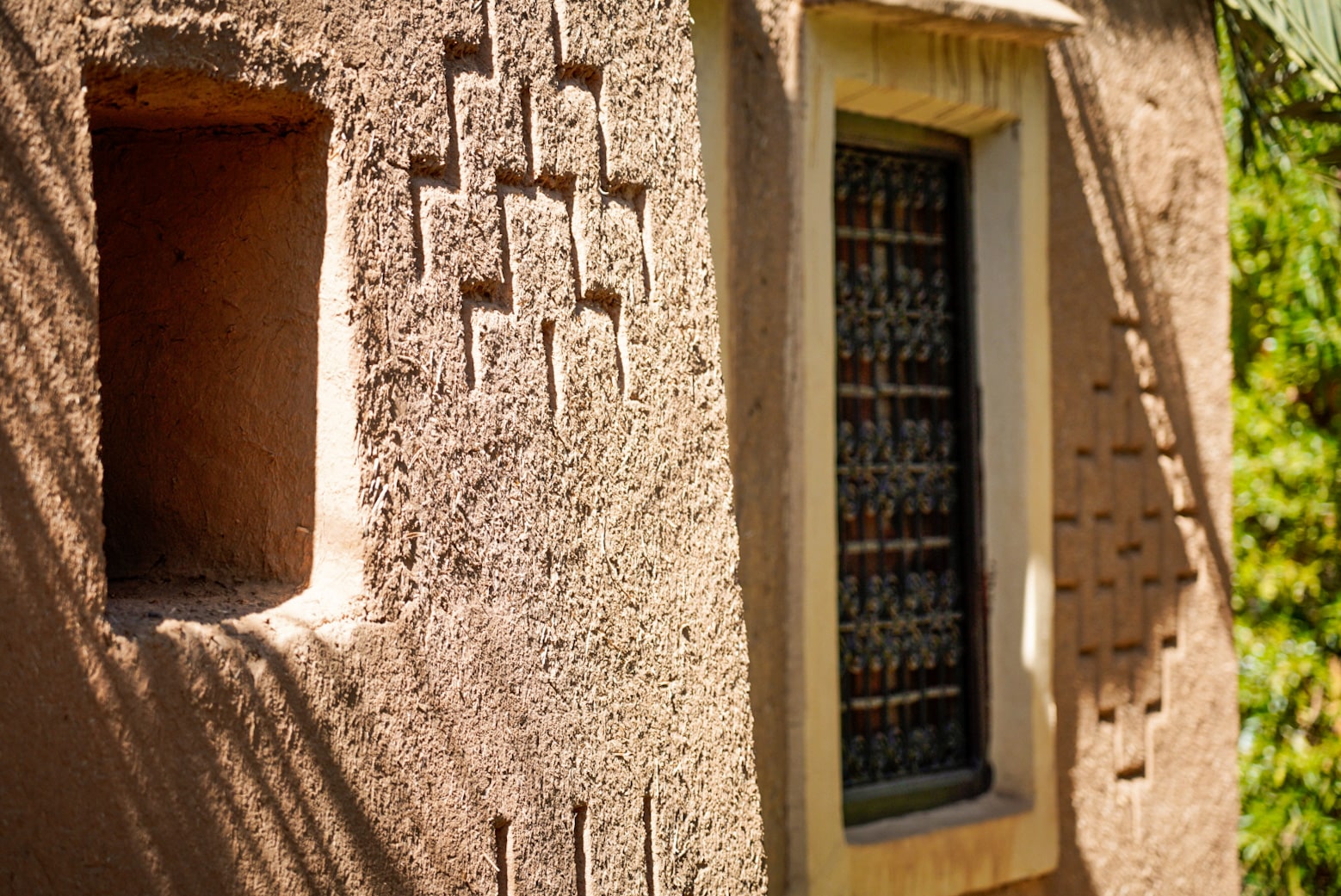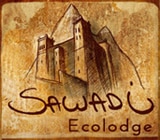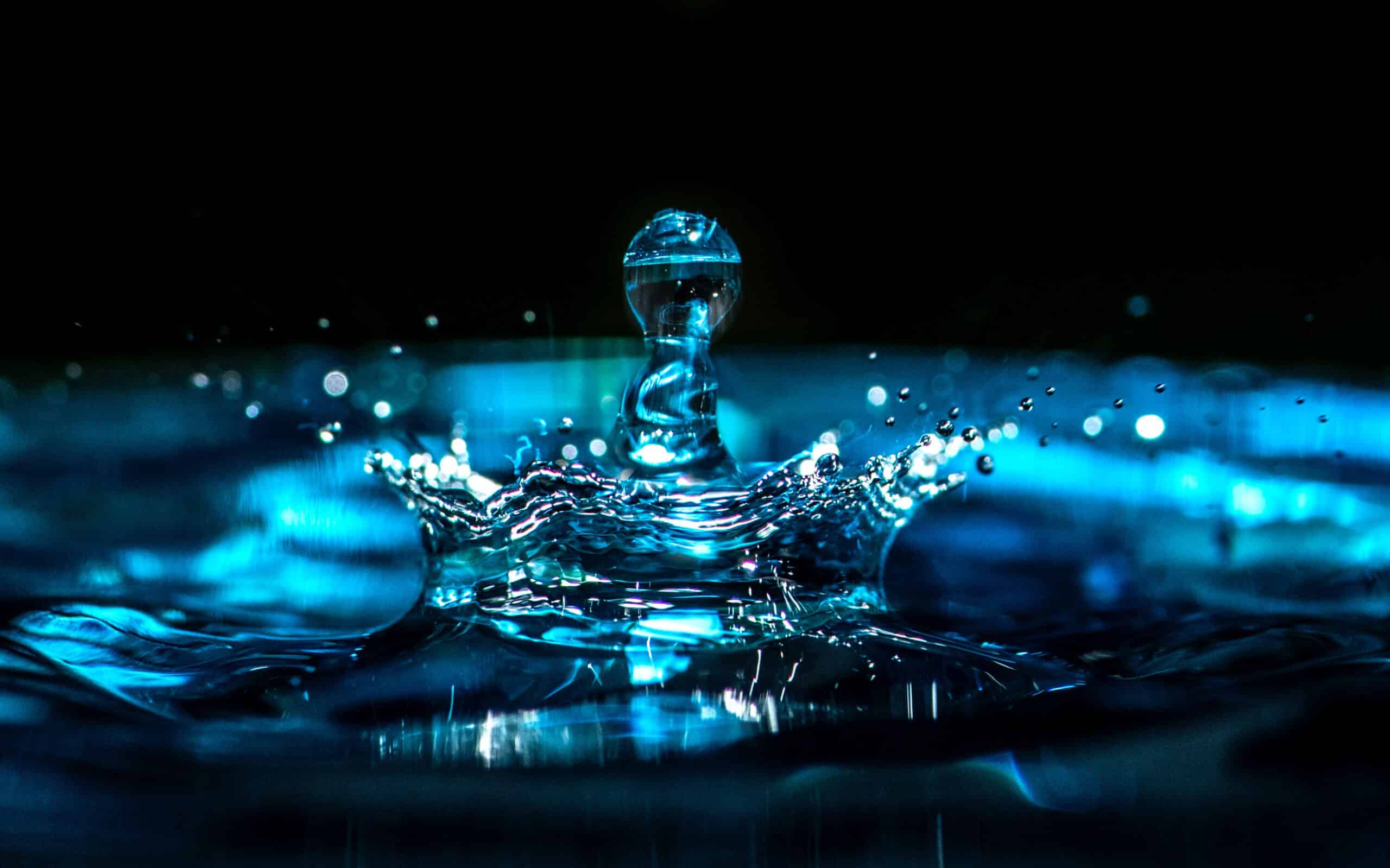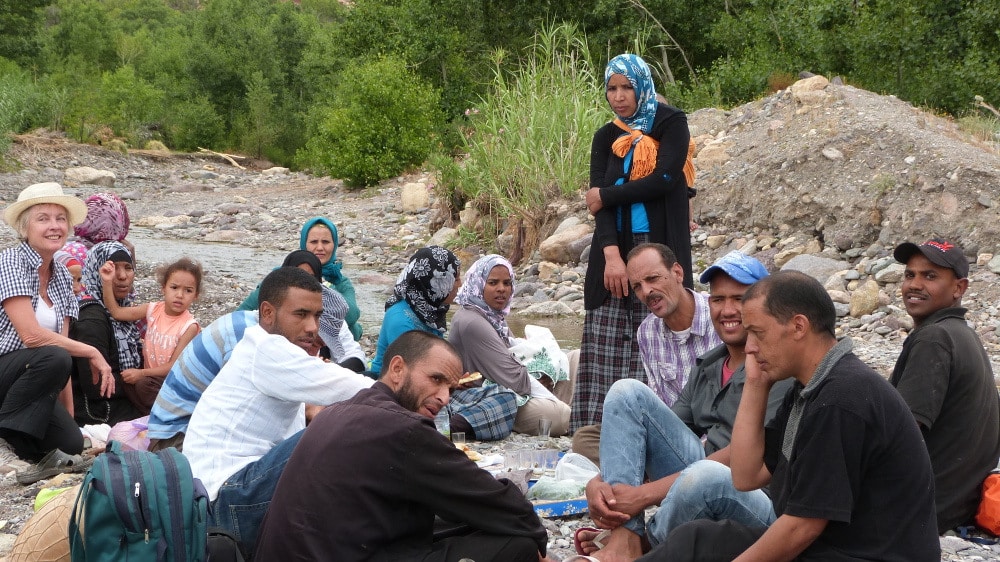Eco-tourism
The responsible tourism or theecotourism is a tourism that participates in the development of populations and host territories in the North as well as in the South, while contributing to the challenges of the 21st century: fight against climate change, protection of biodiversity and fragile environments and fight against human rights violations. These are really our beliefs.
We believe that we must start by setting an example. Here are some of the actions already implemented:
Local development
Contribute to local economic development by giving work to local craftsmen and traders and by creating jobs within Sawadi. For the construction, restoration and maintenance of Sawadi, we use professionals based in Skoura. The employees of Sawadi are native to the palm grove.
Renewable energy
We are progressively putting in place devices allowing the use of renewable energy such as solar water heaters.
Waste sorting
Waste separation has been introduced. At In Morocco, many old materials are reused (household appliances, tires, etc.). Many of the things that are thrown away in Europe find a second life here.
Solar panels
Installation of solar panels for the kitchen and staff washrooms. We are doing a study to verify that these energy savings are more environmentally friendly than natural gas. Knowing that in the balance sheet, we must integrate the manufacture and installation of solar panels.
No polluting machines
No tractor or tiller, which allows us to avoid noise pollution and exhaust fumes. Many men and women seeking employment are In Skoura, it is better to employ more people.
Traffic
No 4×4 or pick-up trucks for the daily trips to Sawadi, which would lead to high fuel consumption and a risk of dust on the track where Skouris travel on foot, by bike or by donkey.
No pesticides
No pesticides or fertilizers for the crops. The menus are designed according to the vegetables and fruits of the garden, in the season of harvest, which makes it possible to propose the evening, vegetables picked up the same day, rich in vitamins, ripened on the spot and with delicious tastes.
Culture
Elimination of maize cultivation in favor of sorghum, which requires much less water.
Reflection
All our actions are thoughtful in order not to shock and to better understand our friends of Skoura.
Language
We strive to learn dialectal Arabic.
We see more and more that responsible tourism has become a marketing argument with purely cosmetic actions serving only as bait. For those who are sensitive to real values, you should not hesitate to ask concrete questions, without turning into a rating agency.
Wastewater treatment
They are treated in a real septic tank (no Moroccan cesspool), with horizontal filtering spreading, in order not to pollute the water table. This treatment system also complies with European standards.
Sawadi is one of the few domains in Morocco to reach such a level of respect for the ecology. In 2016, we tried a natural filtration technique for the kitchen gray water, we set up a banana circle. Banana trees have the particularity to consume and filter water. We hope to have bananas soon.
Water preservation
Within SawadiWater is considered as a scarce resource that must be preserved. Although the estate is supplied by two generous wells (the water is at 9 m), the irrigation of the ancient plantations (olive trees, palm trees, almond trees, etc.) is done sparingly and at very specific times.
This year we are trying a new technique to irrigate our vegetables. A buried porous pot gently diffuses the water it contains. This technique seems to be more efficient than drip irrigation.

Architecture and equipment
All the buildings of the Sawadi estate are designed with respect to the local Berber architecture. The houses are made of adobe (earth and straw) with narrow windows. This ancestral technique makes it possible to preserve the freshness inside the rooms during the summer and the heat in winter.
The ceilings are made of exposed beams of eucalyptus or poplar, with caissons of woven reeds on three, four or five levels. on three, four or five levels.
Every detail has been studied to ensure maximum comfort, while preserving the local authenticity. All rooms are equipped with heating and hot water. A concession has been made to consumerist development: the existence of some air conditioners, essentially having a back-up function, but also commercial.
However, the adobe construction often makes air conditioning unnecessary. We live in a traditional house with no heating or air conditioning in summer and winter.
The social framework
The management of Sawadi wanted to create special conditions to maintain a constant level of motivation of the employed staff. Some of them are: locally recruited people, bonuses according to merit, profit-sharing for employees, distribution of farm products (olive oil, jams, fruits and vegetables), decent housing for those who live on site. Staff benefit from a training program to improve their skills and employability. These trainings concern in particular the market gardening activities, animal husbandry, hygiene, languages…
Our employees have been working in Sawadi for several years. Every year we organize a picnic with them in a nice place. We are happy to share with them moments of pleasure. In Sawadi “the atmosphere is warm” according to our customers.


